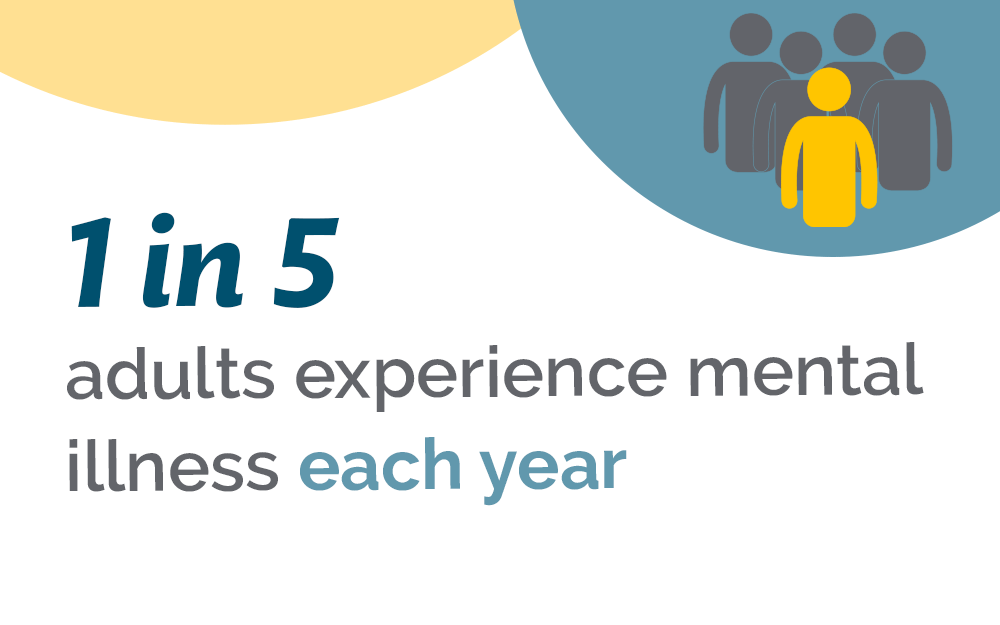Every May since the mid-1900s, Mental Health Month has served as a time to help spread awareness and reduce stigma surrounding mental health and addiction. Mental Health America has chosen “Back to Basics” as this year’s theme. In this spirit, we’ve put together information to help you understand common mental health conditions, where to find resources, and how to find treatment.
What are some common mental health disorders?
One in every five U.S. adults will experience a mental illness each year, but due to stigma, many of these people feel alone and isolated. There is a wide range of mental health disorders, but some of the most common are:
- Anxiety disorders and OCD
- Depression and other mood disorders
- Addiction
- Trauma and PTSD
- Eating disorders
,
Where can I find resources to better understand mental illnesses?
NAMI or more specialized organizations like the IOCDF offer good resources and information to better understand mental health. At Rogers, we’ve also assembled resources in a helpful hub that allows you to browse by condition and type of resource, which includes fact sheets, videos, blogs, podcasts, and more.


